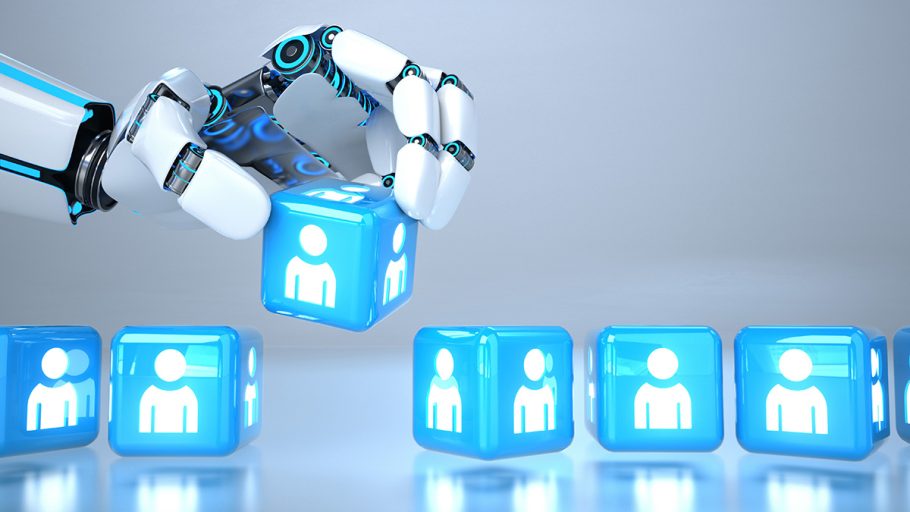AI is now the primary influence driving demand for data centers, with many of our customers indicating AI as their main driver for mergers and acquisitions, MW capacity growth, and institutional investment. Other aspects, such as increasing reliance on digital entertainment, including social media, online gaming, and streaming services, are also considered to be contributing factors.
I recently asked ChatGPT two simple questions, as I’m sure many of you have done, and the answers, while interesting, raised more questions.
Is AI artificial?
I’ll paraphrase: AI refers to the simulation of human intelligence in machines that are programmed to think and learn like humans. It’s “artificial” because it is man-made thinking—it uses algorithms and data to perform tasks that typically require human intelligence, such as decision making, problem solving, or pattern recognition.
What can’t ChatGPT do?
Once again, paraphrasing: While ChatGPT is a powerful language model capable of “lots of things,” but there are “lots” of limitations to its abilities. Here are the top ten:
Understanding context: It generates responses based on inputs, but it doesn’t have any memories of past interactions. Each interaction is treated as a standalone context!
Long-Term contextual understanding: Due to the lack of memory, it may not maintain long-term context throughout a standalone conversation. Consequently, it might provide inconsistent or contextually inappropriate responses in longer discussions.
Critical thinking and common sense: While it can provide detailed and coherent responses, it lacks true understanding, common sense, and critical thinking abilities. It may generate plausible sounding but incorrect or nonsensical answers. To summarize, it might “LIE.”
Original thinking: While it can be creative and produce novel text, it’s limited to the patterns and information present in its training data. It cannot generate original ideas or information.
Emotional understanding: While it can recognize and mimic emotions to some extent, it does not possess emotions or emotional understanding.
Personal experience: It doesn’t have personal experiences or access to external information beyond its training data. It can’t provide firsthand knowledge of events or experiences.



